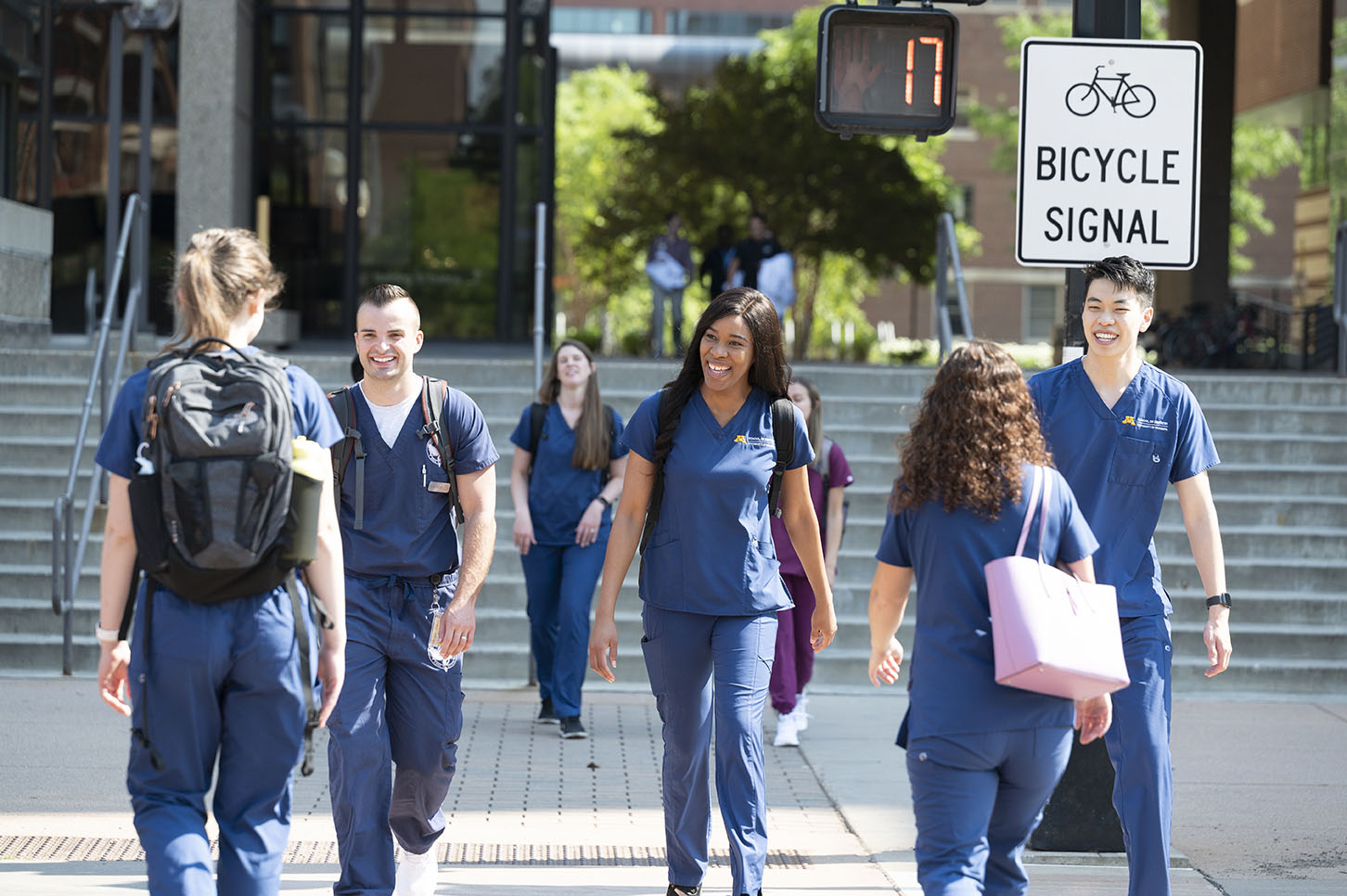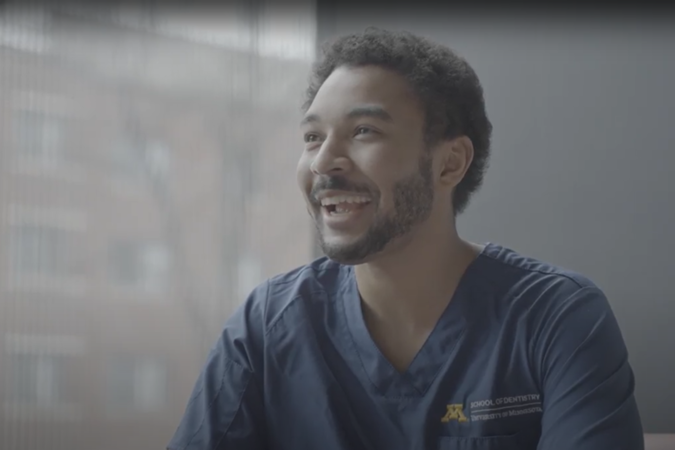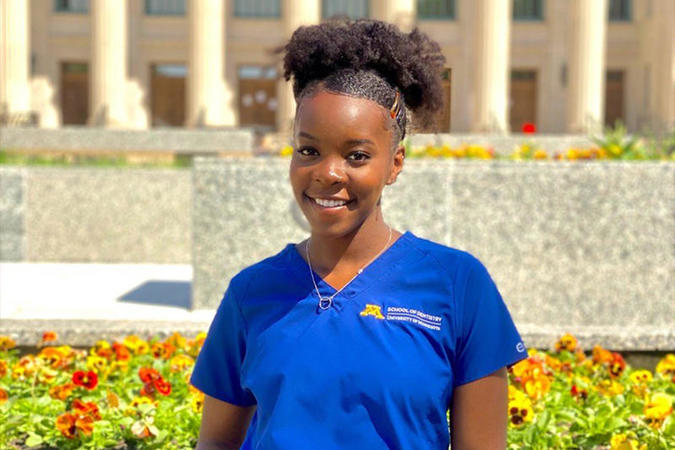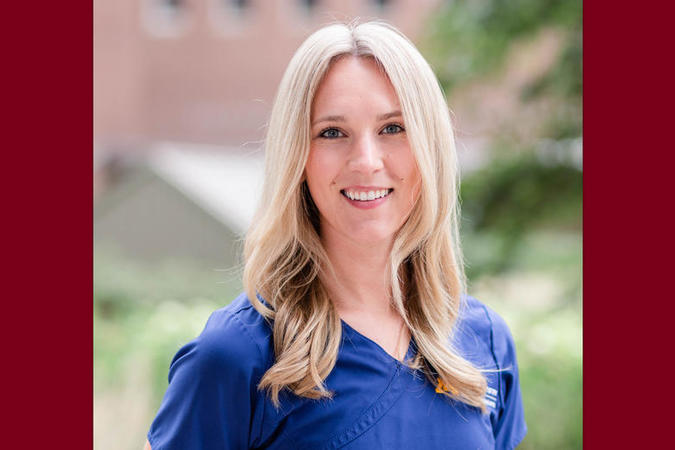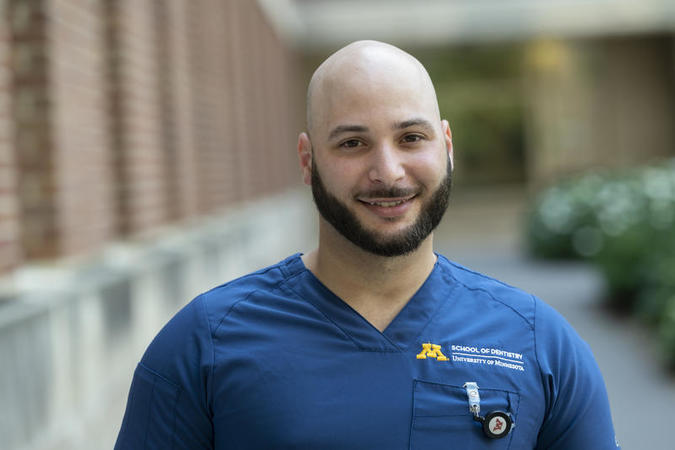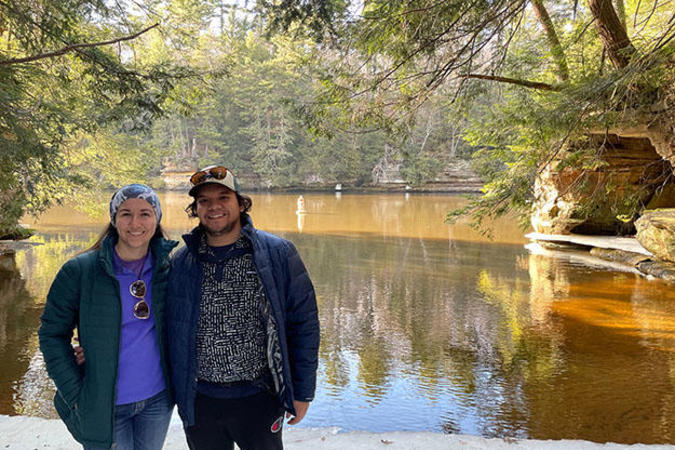The University of Minnesota School of Dentistry is a diverse community of individuals committed to a humanistic, inclusive environment that supports our goal of fostering the next generation of oral health professionals.
Our Diversity, Equity and Inclusion Committee, subcommittees and student groups are spaces for connection, growth and change.
Celebrating our school's diversity
As a school, we are proud to showcase the diversity of our community and the students, faculty and staff who make our school great. Get to know a few of the students who make up our community.
Affinity groups
These groups build relationships and connect in small group settings within Moos Tower for faculty, staff and students. Contact [email protected] to find your affinity group.
Asian Faculty & Staff Group
The Asian Faculty and Staff Affinity Group (AFSG) strives to support Asian employees at the University of Minnesota School of Dentistry by sustaining a visible and dynamic Asian community, engaging in professional networking and leadership development, and promoting the overall retention and advancement of Asian employees at the School of Dentistry.
Contact [email protected] to learn more and join this group.
Better Together
A student group that supports learners who seek to become better allies, by hosting discussions on issues of diversity, equity and inclusion.
Contact: Arpun Johal
Black Affinity Group
This affinity group aims to provide a space for staff and faculty who identify as Black, African, African-American, or connected to the African Diaspora within the dental school to connect and find community. We want to contribute to a more inclusive and diverse environment within the school while finding ways to enhance our professional experiences. Meetings will occur on the second Tuesday of the month from 12:15 - 1:00 pm via Zoom. Register to receive the Zoom link.
Christian Faculty Group
Contact [email protected] for more information.
Hispanic and Latino Dental Student Association
The mission of HLSDA is to:
- Provide a space for non-Latino and non-Hispanic students to learn about the community
- Teach basic Spanish to empower providers to better communicate with Spanish-speaking patients
- Create outreach opportunities for dental students to travel into Latin American immigrant communities in the Twin Cities and provide volunteer services
- Find ways to create a pipeline to the School of Dentistry by providing support, education and encouragement to school-aged Hispanic and Latino students.
Get involved.
Learn adult conversational Spanish phrases.
Contact: Isabella Christianson Galina, Sarah Lynn or Jose Gigato Gonzalez.
LGBTQ+ meetup
A monthly virtual meet-up on the third Thursday of each month. Join at z.umn.edu/DentistryLGBTQ.
Contact: Joel Mixon
Women’s Dental Association
The WDA seeks to:
- Serve and empower women in the community
- Educate ourselves on topics including salary and contract negotiation, identifying strengths, resumes, work-life balance, family planning, workplace harassment and financial education.
The association holds lunch and learns as well as evening events, fundraisers and weekend outreach.
Learn more.
Community Conversations
Sponsored by the Diversity, Equity and Inclusion Committee, community conversations are informational sessions in which students, faculty and staff gather to discuss questions of race, equity and justice.
Contact Joel Mixon, PhD for more information.
Diversity Community of Practice
The Diversity Community of Practice (DCoP) is a grassroots community of faculty and staff from collegiate and administrative units that started on the Twin Cities campus. Its purpose is to develop and leverage personal, professional and technical expertise, and to share innovative strategies that ensure successful implementation of equity and diversity goals at the University of Minnesota. All faculty and staff systemwide are invited to join monthly Zoom meetings.
Discover Dental School
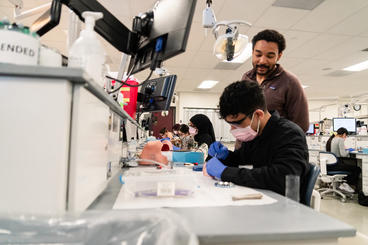
Discover Dental School is “a pathways program for prospective dental students who are interested in gaining access to resources and additional support prior to submitting an application,” according to Susie Wold, MS, assistant director of admissions at the School of Dentistry. “Participants leave with a better understanding of resources and support available at the University of Minnesota, and how to become a better student academically and holistically.”
Learn more about how students from diverse communities and backgrounds grow in the dental field with Discover Dental School.
